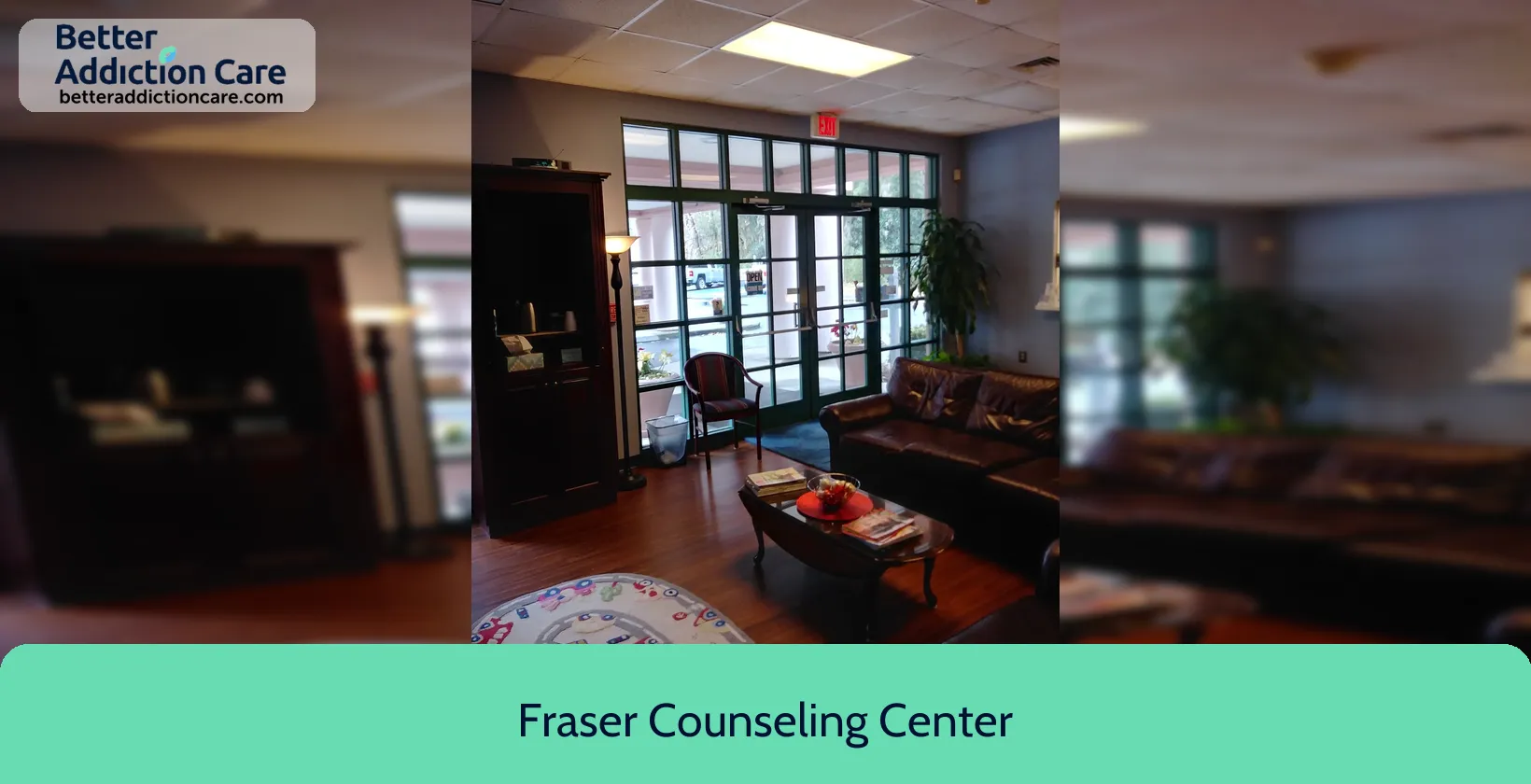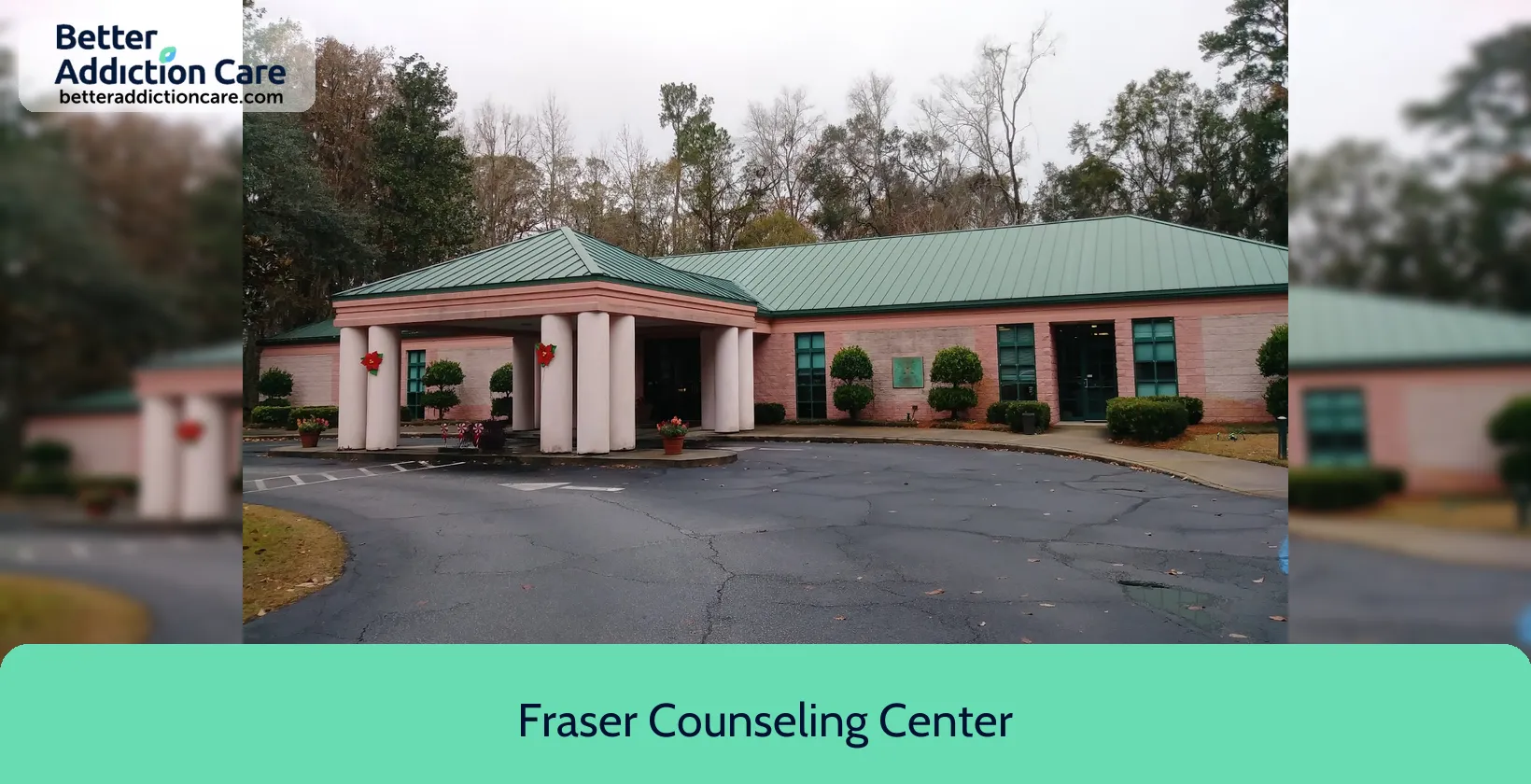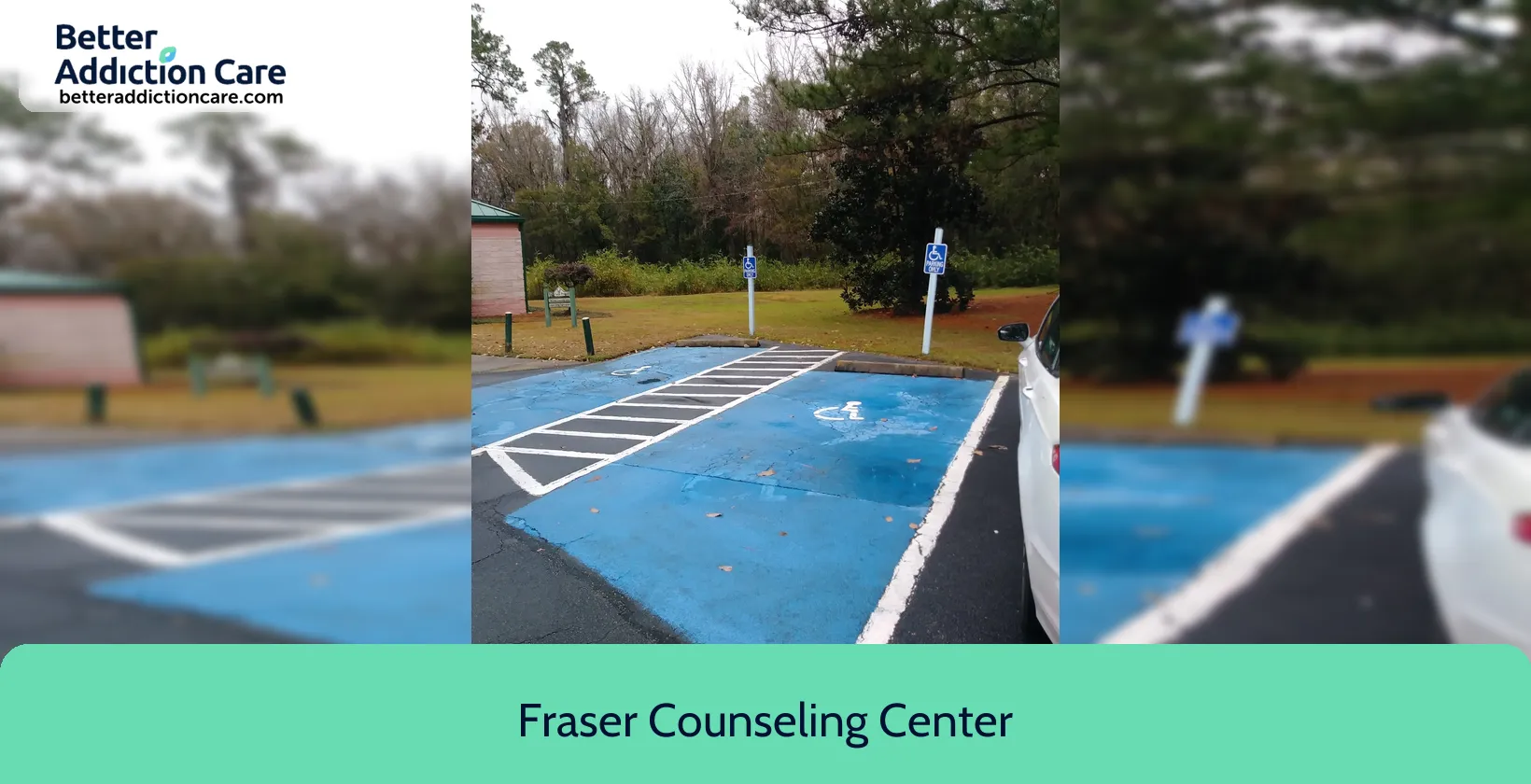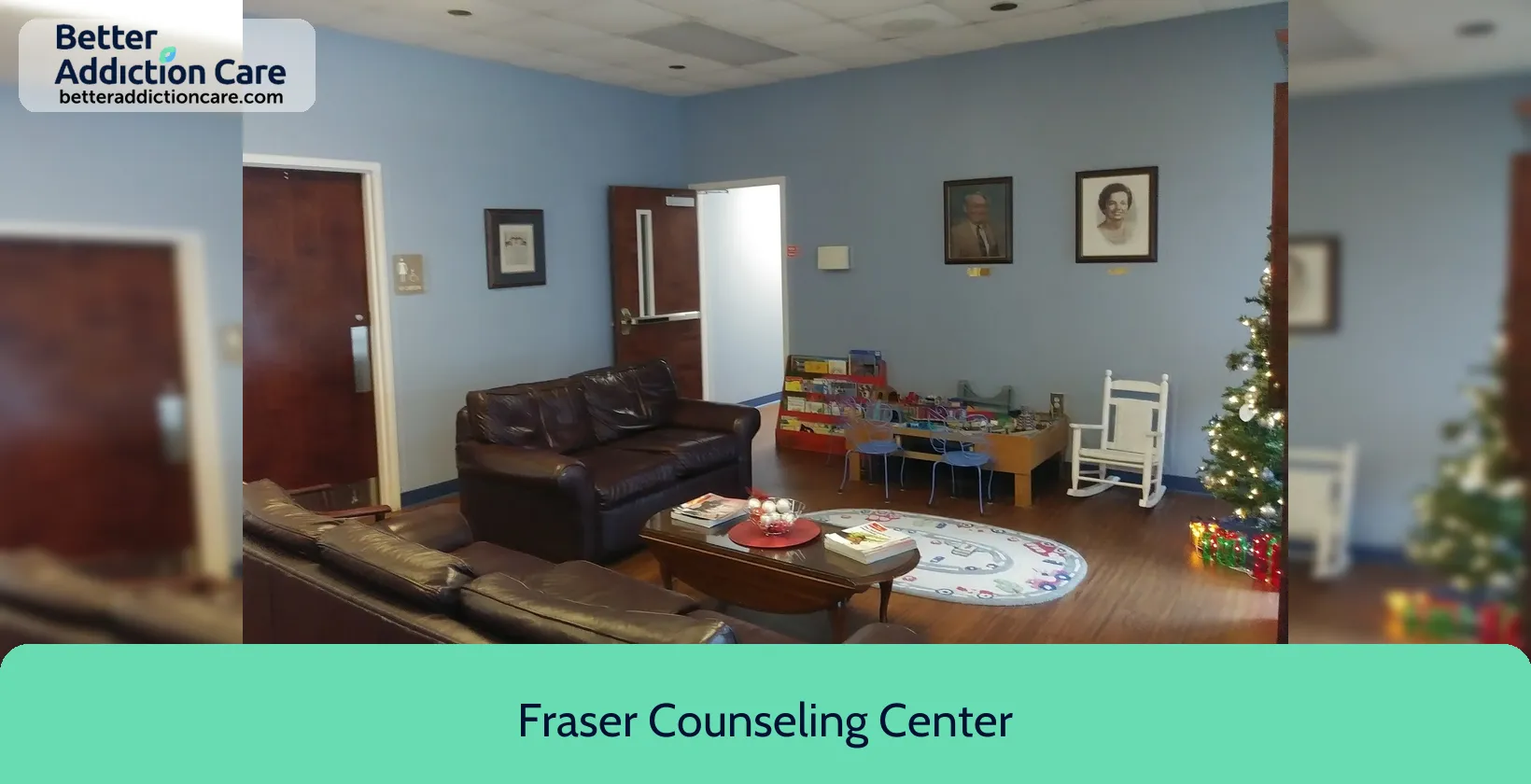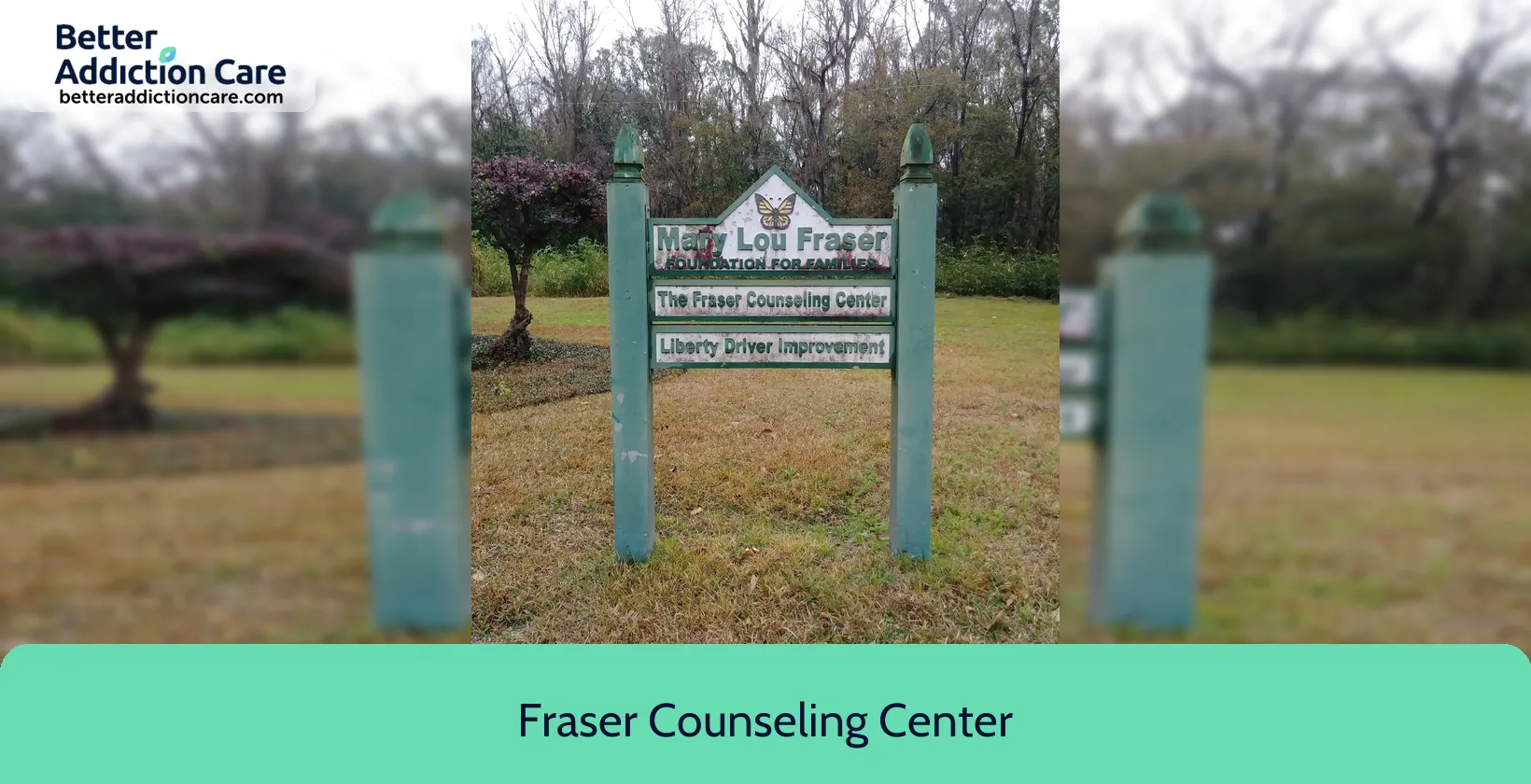Fraser Counseling Center
Overview
Fraser Counseling Center, based in Hinesville, Georgia, provides a variety of mental health services to individuals, couples, children, and families. The facility uses tailored counseling and psychotherapy to treat anxiety, depression, PTSD, addiction, and other conditions. Fraser Counseling Center, a nondenominational, faith-based institution, offers a supportive Christian environment to people seeking healing and recovery.
Individual and family counseling, child therapy, military assistance, drug addiction treatment, anger management, and support groups are among the services provided at the facility. Their treatment options include Cognitive Behavioral Therapy (CBT), exposure therapy, mindfulness, trauma-based therapies, and evidence-based approaches customized to couples and families. Notably, the center prioritizes helping military people and their families, addressing the special problems they encounter.
Fraser Counseling Center at a Glance
Payment Options
- Cash or self-payment
- Private health insurance
- Federal military insurance (e.g., TRICARE)
- Federal, or any government funding for substance use treatment programs
- Sliding fee scale (fee is based on income and other factors)
Assessments
- Comprehensive substance use assessment
- Outreach to persons in the community
- Screening for mental disorders
- Screening for substance use
Age Groups
- Adults
- Seniors
- Young adults
Ancillary Services
- Suicide prevention services
- Specially designed program for DUI/DWI clients
- Domestic violence services, including family or partner
- Mental health services
- Case management service
Highlights About Fraser Counseling Center
6.99/10
With an overall rating of 6.99/10, this facility has following balanced range of services. Alcohol Rehabilitation: 8.00/10, Drug Rehab and Detox: 6.00/10, Insurance and Payments: 6.00/10, Treatment Options: 7.94/10.-
Alcohol Rehabilitation 8.00
-
Treatment Options 7.94
-
Drug Rehab and Detox 6.00
-
Insurance and Payments 6.00
Treatment At Fraser Counseling Center
Treatment Conditions
- Alcoholism
- Substance use treatment
Care Levels
- Outpatient
- Regular outpatient treatment
- Aftercare
Treatment Modalities
- Cognitive behavioral therapy
- Telemedicine/telehealth therapy
- Substance use disorder counseling
- Trauma-related counseling
- Smoking/vaping/tobacco cessation counseling
Ancillary Services
Languages
- English
Additional Services
- Pharmacotherapies administered during treatment
- Discharge Planning
- Drug or alcohol urine screening
Special Programs
- Clients who have experienced trauma
Contact Information
Read our Most Recent Article About Drug Addiction
DISCLAIMER: The facility name, logo and brand are the property and registered trademarks of Fraser Counseling Center, and are being used for identification and informational purposes only. Use of these names, logos and brands shall not imply endorsement. BetterAddictionCare.com is not affiliated with or sponsored by Fraser Counseling Center.
